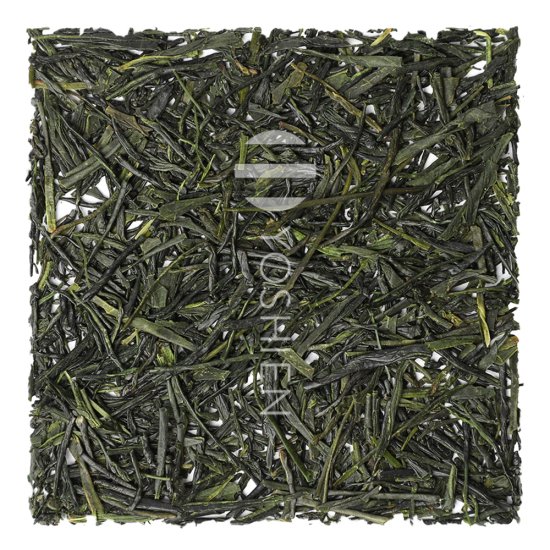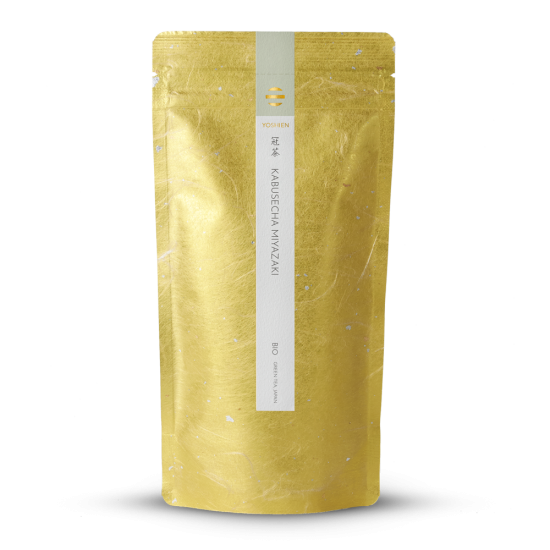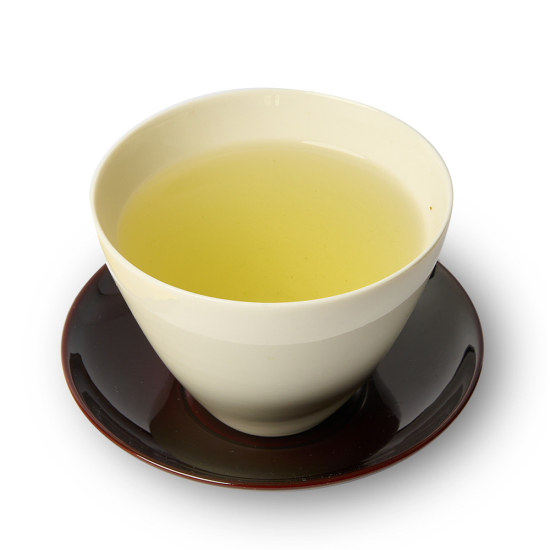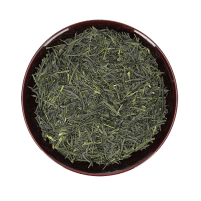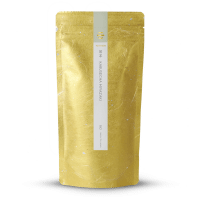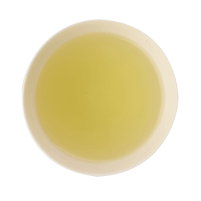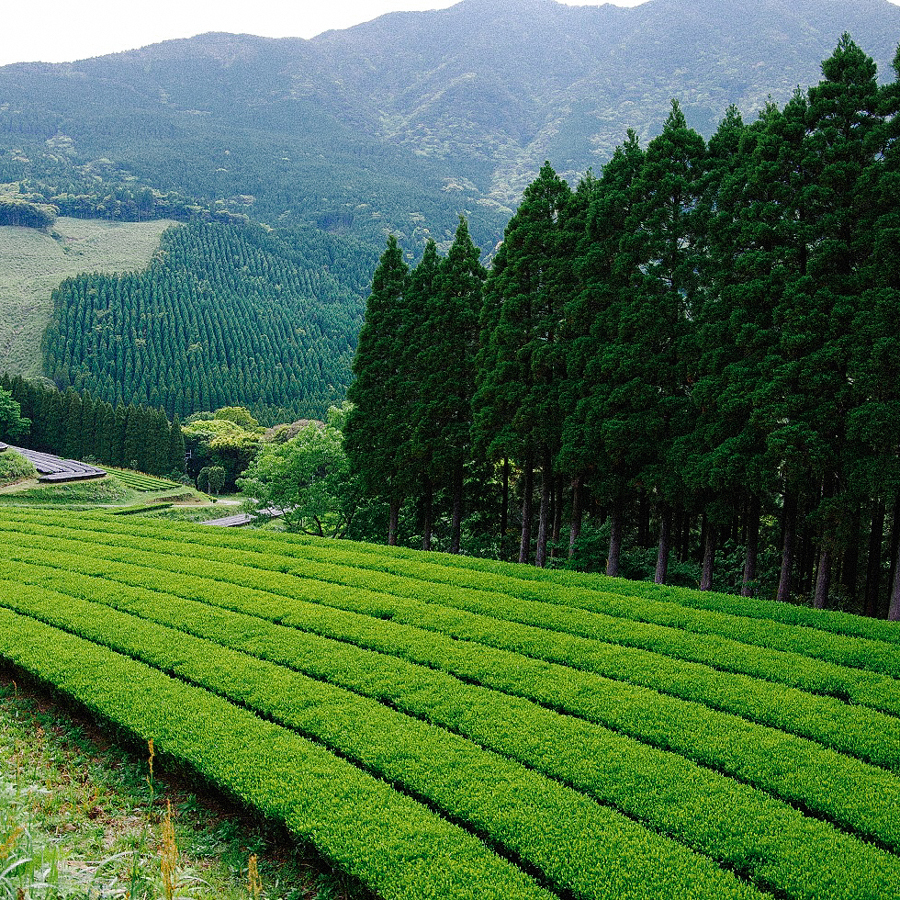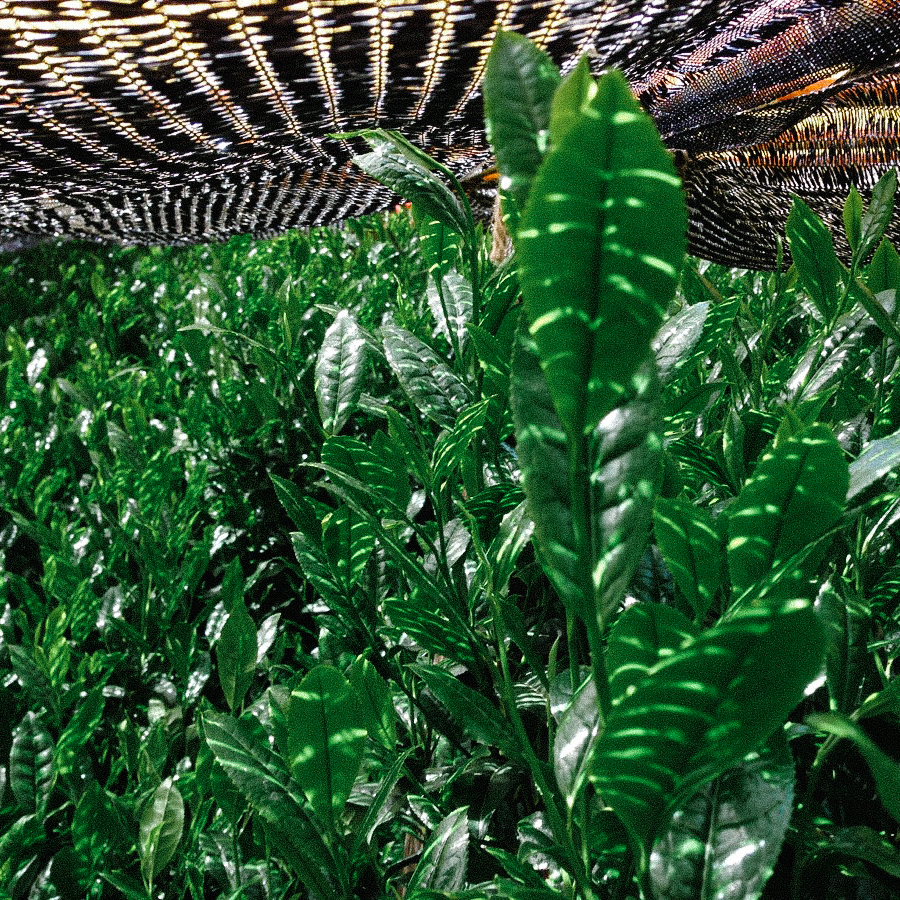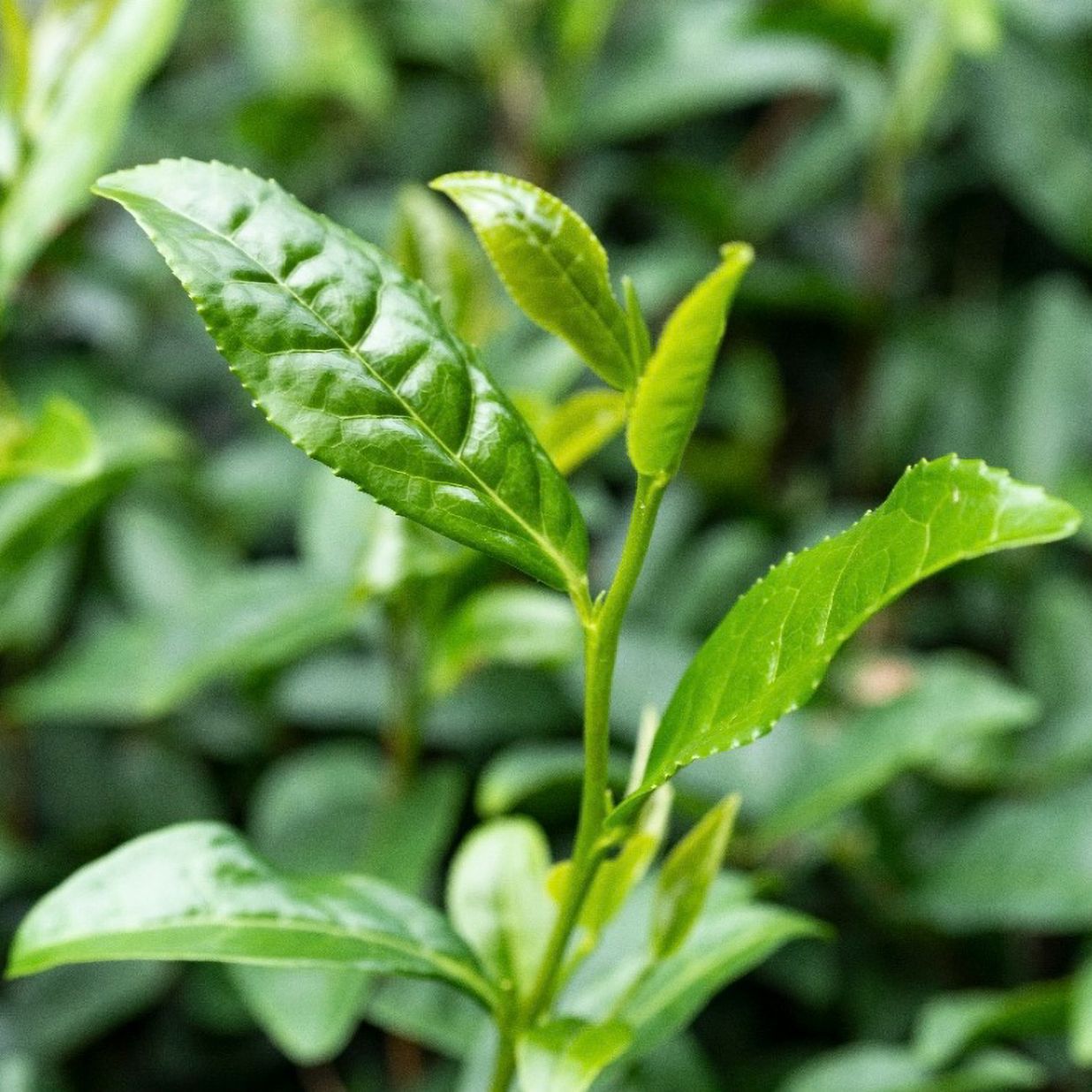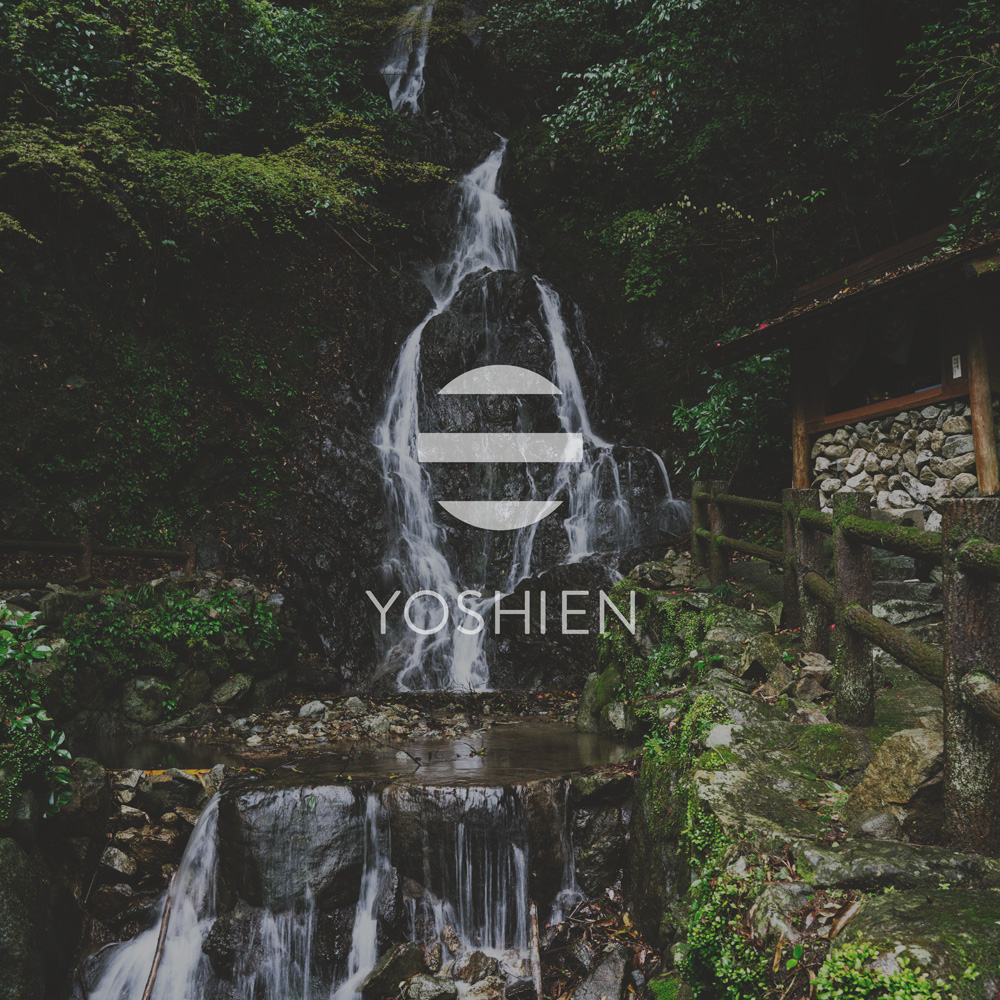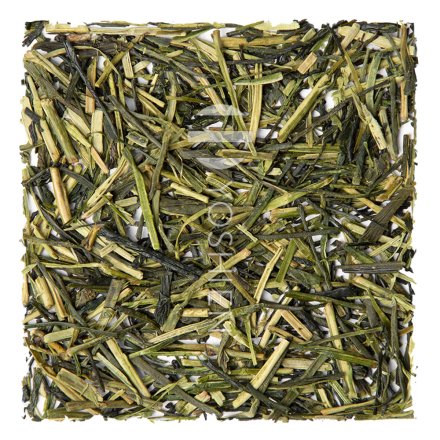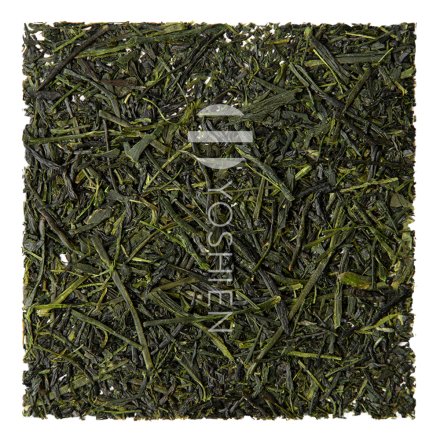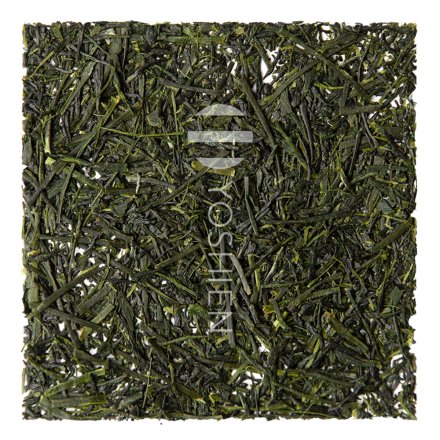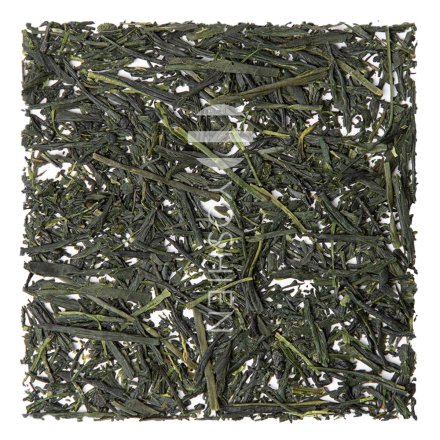Brewing Guide
2 heaped teaspoons per 100-300ml water (60°C), steep for 2 minutes. Suitable for multiple infusions.
Packaging
High quality, airtight, resealable standing zipper pouch with 9 protective layers to preserve flavour and protect against oxidation and contamination.
Recommended Teapot
A Banko Kyusu made from 100% violet Banko clay is ideal. This famous reduction-fired clay best brings out the flavours of Gyokuro and other shaded teas, along with their amino acids, chlorophyll, and other special compounds. Vintage Kyusus from before 1990 likely consist of 100% violet clay from the Banko region. Otherwise, a high-quality, handleless Shiboridashi, popular among Kabusecha lovers, is also suitable for bringing out the rich umami flavours.
Recommended Storage
The ideal tea caddy for this tea is one made from high-quality cherry bark (Kabazaiku Chazutsu). As a more affordable alternative, an airtight tea caddy with an inner coating is also an excellent option.




